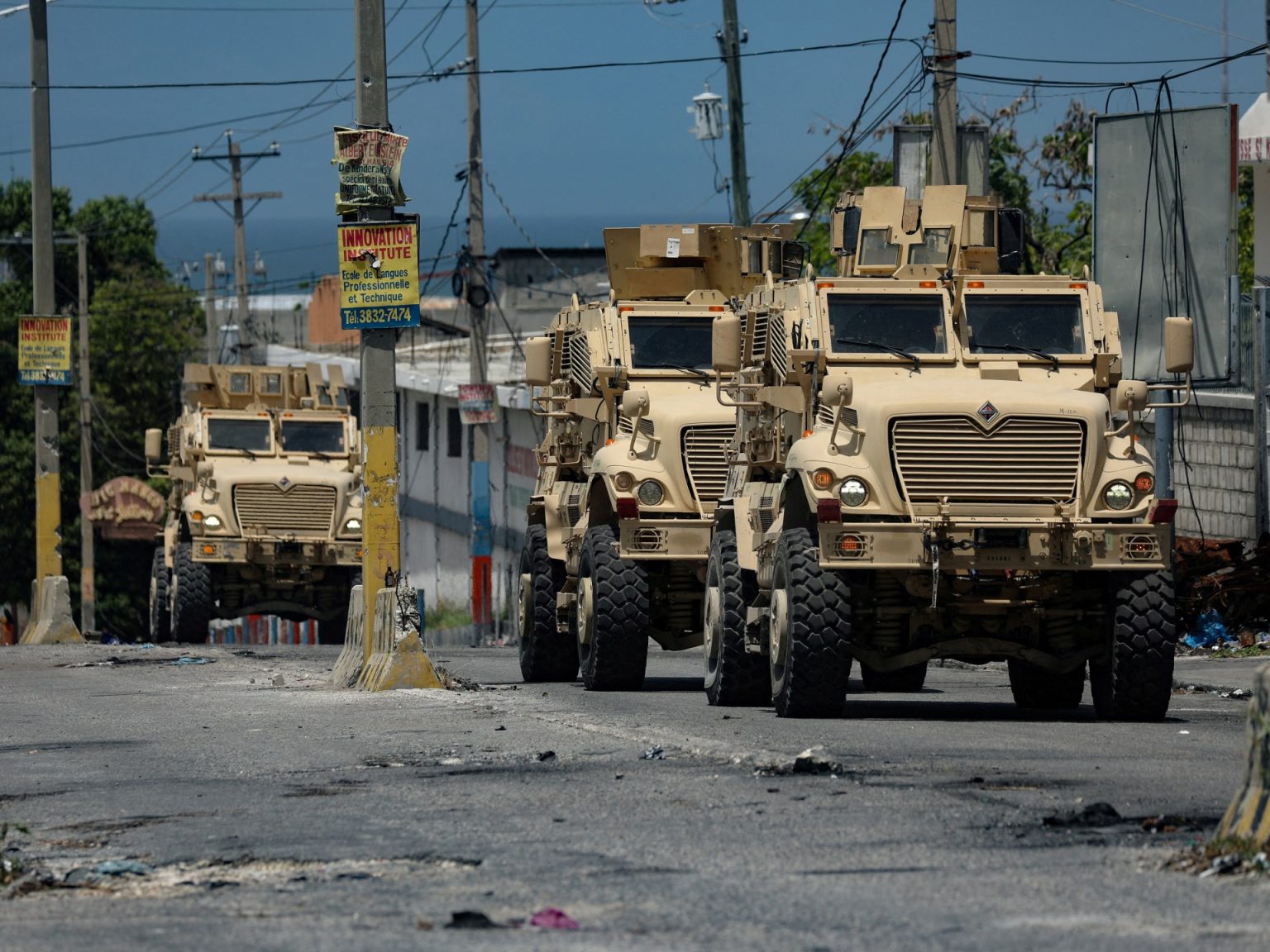The United Nations Security Council has extended the mandate of a multinational police mission to Haiti for another year in response to the surge in gang violence and instability in the Caribbean nation. The resolution expressed deep concern about the situation in Haiti, which includes violence, criminal activities, and mass displacement. The mission, led by Kenya, aims to support the Haitian National Police in regaining control of areas under gang influence, with the extension scheduled until October 2025. The vote follows a UN report stating that over 3,600 people were killed in the first half of 2024 due to senseless gang violence.
Haiti has been plagued by armed groups with ties to political and business leaders, fueled by weapons smuggled from the United States. The situation worsened in February when gangs attacked prisons and other state institutions across Port-au-Prince. This led to the resignation of the unelected prime minister, establishment of a transitional council, and deployment of the UN-backed multinational police force. However, funding for the mission, known as the Multinational Security Support Mission (MSS), has been insufficient, preventing the force from reaching its full potential. Only a fraction of the pledged troops have been deployed to Haiti, raising concerns about the mission’s effectiveness without proper resources and oversight.
Edgard Leblanc Fils, head of the transitional council in Haiti, has suggested transforming the security support mission into a UN peacekeeping mission to secure necessary funds. However, this proposal was dropped due to opposition from Russia and China, who argued that the current mission needs more time to establish itself. Both countries expressed concerns that discussing other options could disrupt the implementation of the current mandate, emphasizing that peacekeeping operations are not a one-size-fits-all solution. Haitians have also expressed reservations about UN interventions due to past negative experiences, including a cholera outbreak linked to a UN peacekeeping base and allegations of misconduct by UN forces.
Many Haitians cautiously support the police mission as a necessary step to combat gang activity but stress that addressing the country’s issues requires more than just a military response. Civil society leaders have called for increased support and training for the national police force, as well as measures to tackle corruption and promote a Haitian-led political process. The ongoing violence and displacement have created a sense of urgency among Haitians, who are hopeful for tangible results in the fight against armed groups. The international community, including the UN Security Council, must work towards a comprehensive approach that addresses the root causes of violence in Haiti and supports sustainable solutions for peace and stability in the country.


